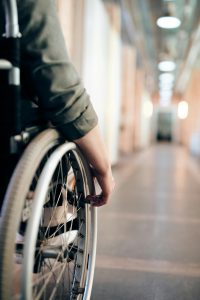Holiday Stressors and Domestic Violence: Reducing the Risks
 The holiday season can be a time of joy and togetherness, but it’s also a period rife with stress and emotional strain for many. For individuals and families who may have a history of domestic violence, this time of year can leave them particularly vulnerable. Heightened expectations, financial burdens, family tensions, and changes in routine often amplify emotions, sometimes to the breaking point—and sometimes even lead to domestic battery charges.
The holiday season can be a time of joy and togetherness, but it’s also a period rife with stress and emotional strain for many. For individuals and families who may have a history of domestic violence, this time of year can leave them particularly vulnerable. Heightened expectations, financial burdens, family tensions, and changes in routine often amplify emotions, sometimes to the breaking point—and sometimes even lead to domestic battery charges.
However, recognizing these stressors and learning to manage them can help prevent situations from escalating. Let’s explore the challenges unique to the holidays and strategies to create a safer, more peaceful environment—both for you and those around you.
Understanding Holiday Stressors That Heighten Risk
 Los Angeles DUI Attorney Blog
Los Angeles DUI Attorney Blog










